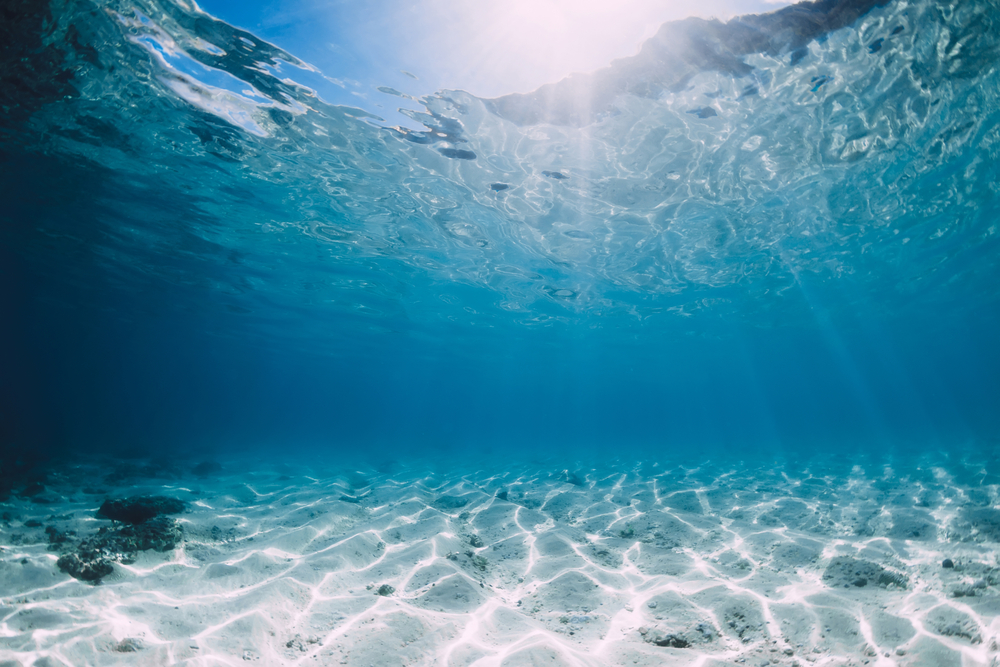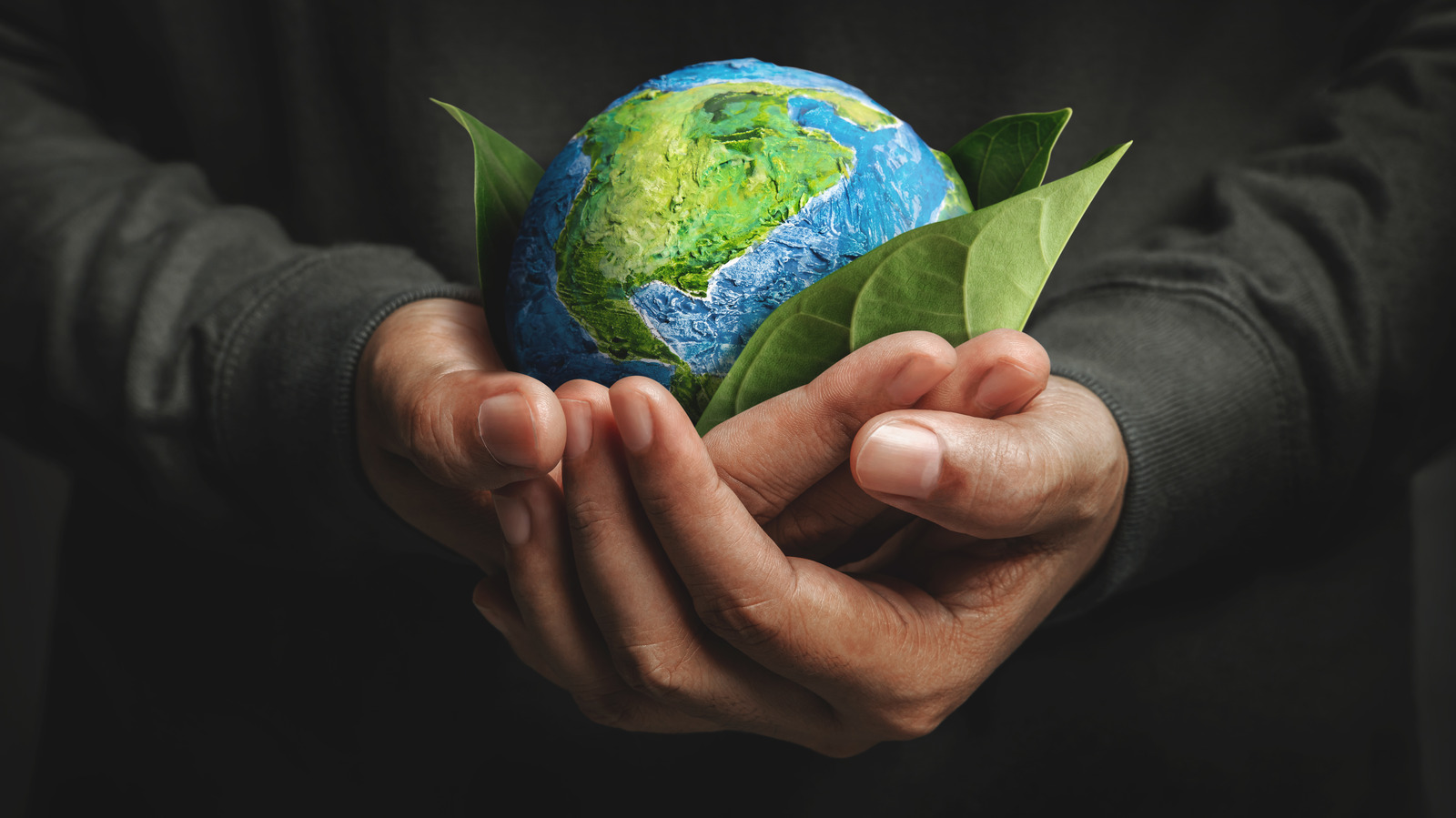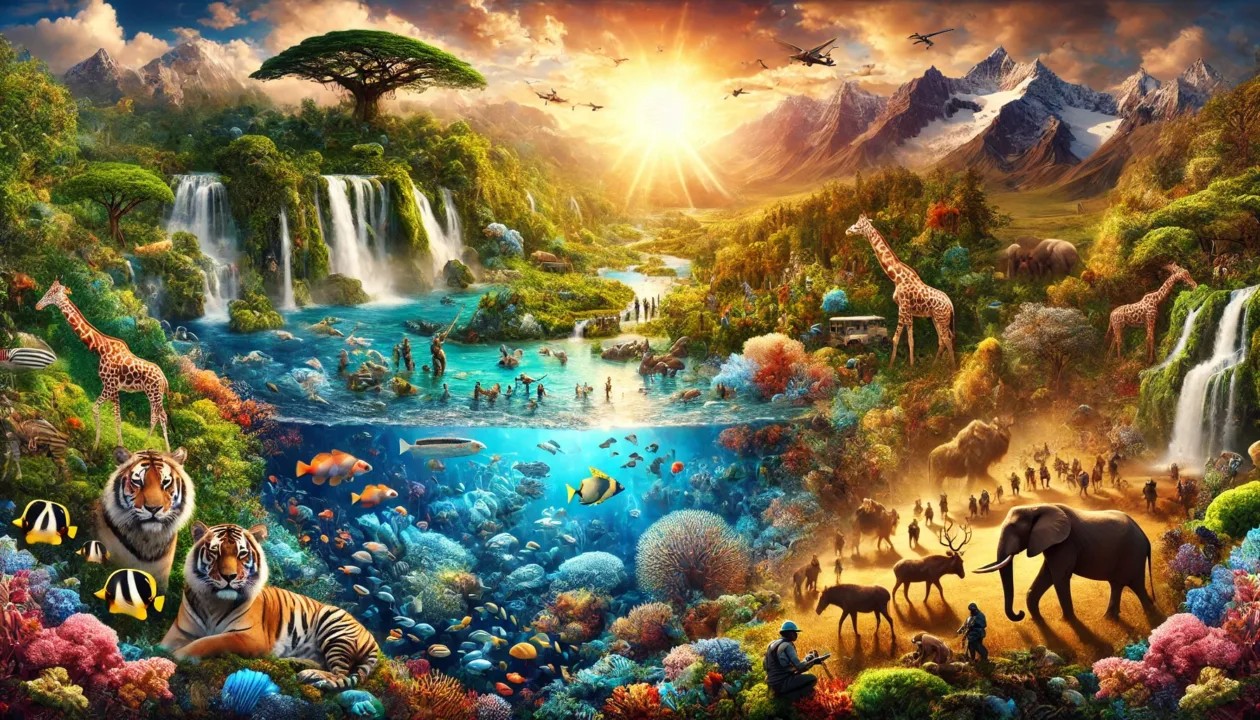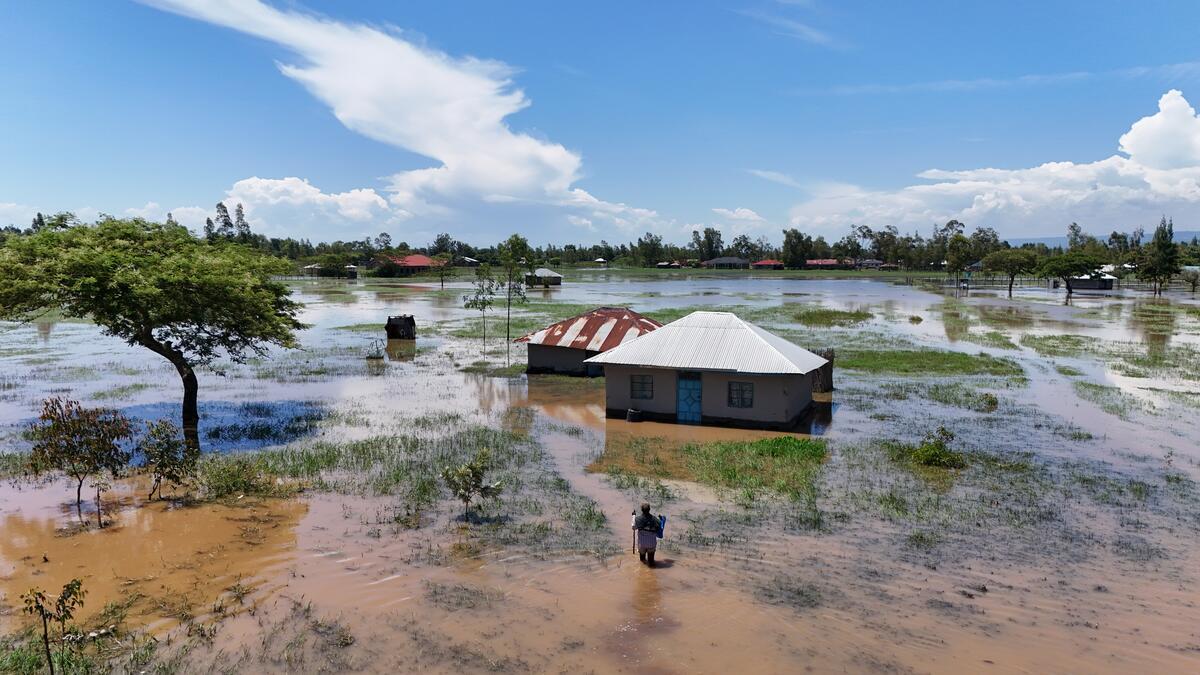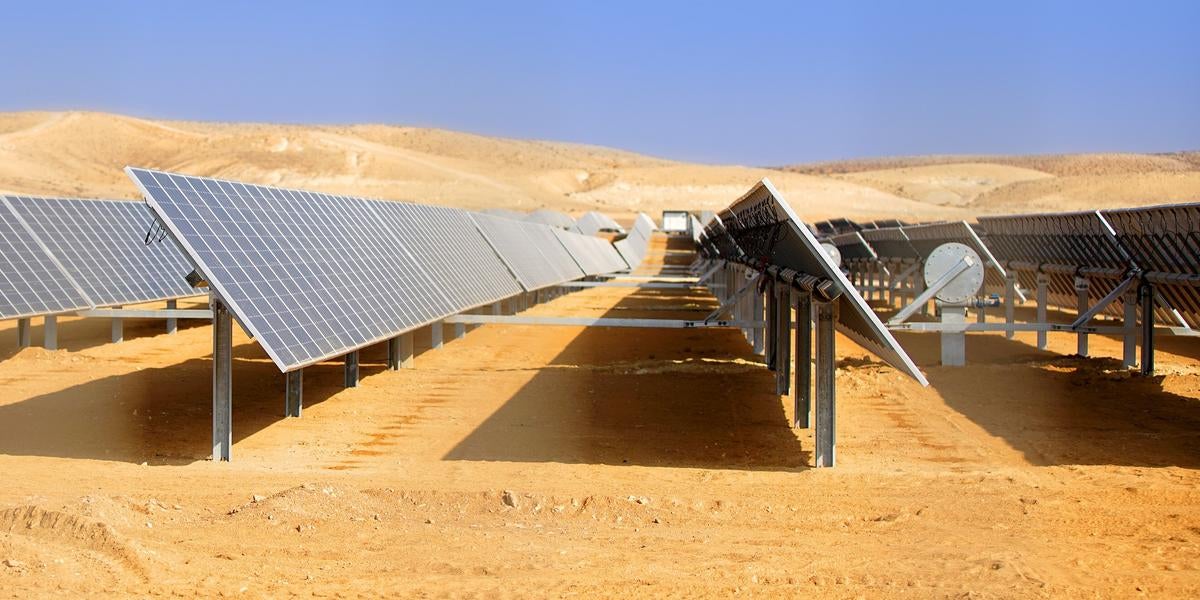- The ocean has been our quiet partner in survival for as long as life has existed.
- The idea that the ocean will keep absorbing our mistakes is a dangerous illusion. It has limits. And we are testing them.
- We cannot keep taking from the ocean and offering nothing in return. Not if we want to have a livable future.
The ocean has been our quiet partner in survival for as long as life has existed. It absorbs over 90 percent of the excess heat from global warming. It stores a third of the carbon dioxide we release.
It feeds billions, regulates weather patterns, and gives Earth its rhythm. And yet, when we speak of climate change, the ocean often comes last — as if it is somehow separate from the crisis, as if it’s not already under siege. We’ve treated it as if it’s endless, as if it will keep giving no matter what we take.
We are now learning, too late for some and too slowly for others, that the ocean does not operate on human timelines or tolerate human arrogance. It is changing — and so must we.
What’s unfolding beneath the waves is not just an environmental tragedy. It is a matter of injustice and a threat to human survival. When we fail to take care of the ocean, we set of a chain reaction that touches every part of life.
Warmer seas disrupt rainfall patterns, leading to prolonged droughts and failed harvests inland. Rising sea levels threaten to swallow entire coastlines, pushing families from their homes and slowly erasing cultures tied to the sea.
Read More
Coral reefs — which protect shorelines from erosion and are home to countless marine species — are bleaching and dying. When they go, so do the fish populations that feed millions.
Entire fishing economies begin to collapse. Once these systems are gone, they are not easily replaced. No amount of money or technology can replicate the balance the ocean has sustained for millennia.
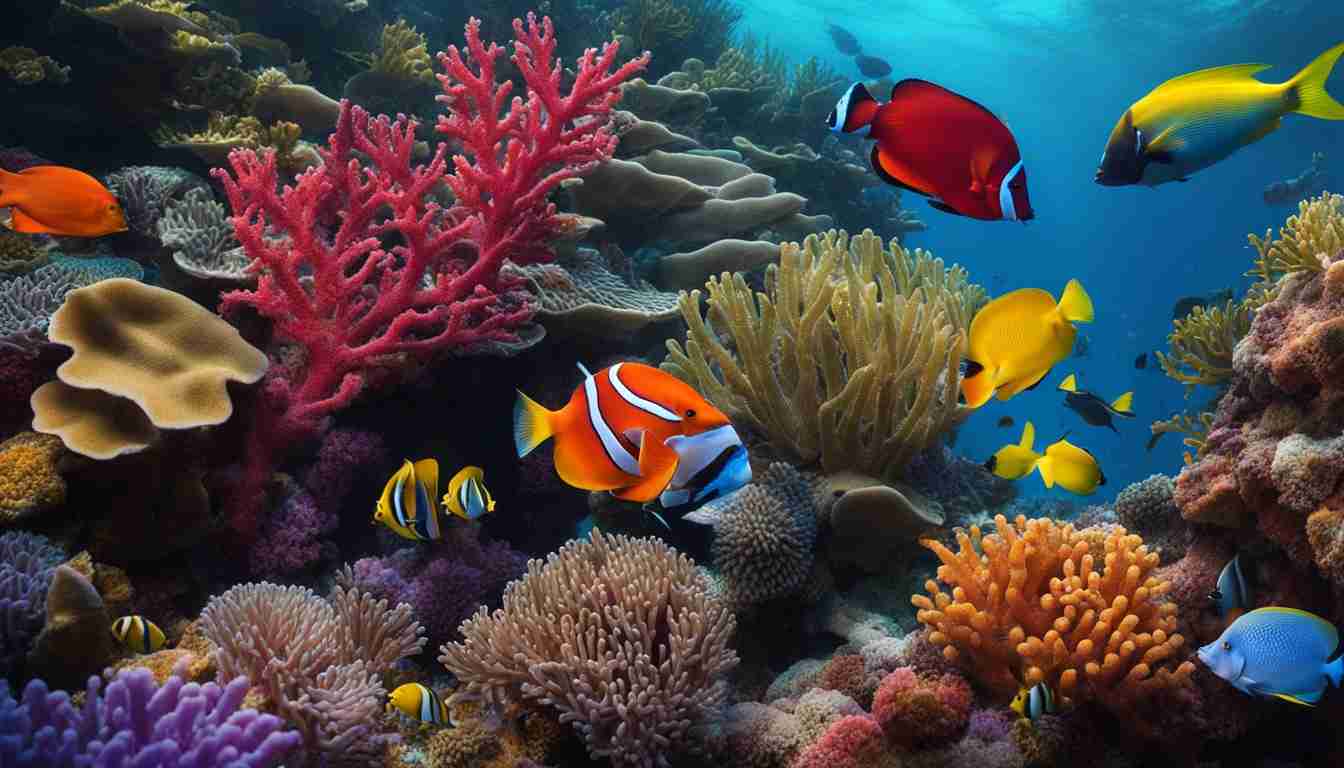
Unchecked pollution leads to dead zones — areas in the ocean where life simply cannot survive due to lack of oxygen. Imagine that: parts of the sea so damaged, nothing can live there anymore.
And as plastic breaks down into micro-particles, it enters the food chain, reaching our plates. The seafood we eat today often comes laced with the trash we threw away yesterday.
And then there’s the warming. The ocean is one of Earth’s main climate regulators. As it warms, storms become more violent, more unpredictable. Coastlines flood more often, displacing the most vulnerable.
These are not distant warnings. They are realities playing out in real time. The people who suffer most from rising seas, warming waters, and depleted fish stocks are not the ones profiting from overfishing, pollution, or unchecked emissions.
And the harshest injustice? The communities most affected are rarely the ones responsible: small-scale fishers, coastal families, island communities — people who rely on the ocean for daily life, not quarterly profits.
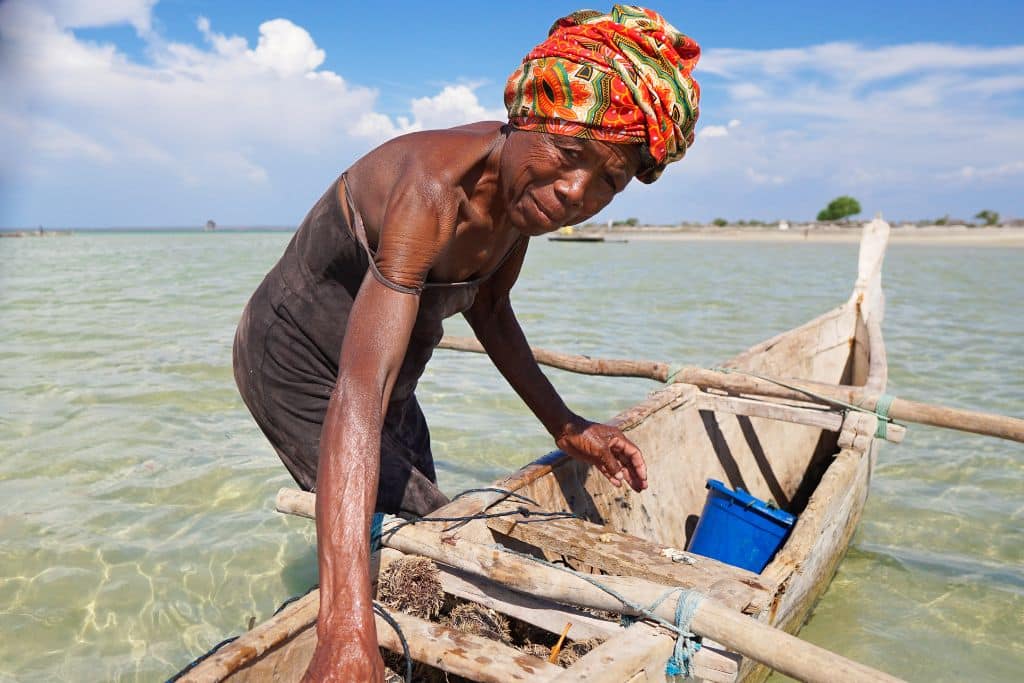
And yet, they are rarely at the table when decisions are made about ocean governance. Instead, we continue to allow foreign fleets to trawl through local waters. We approve large-scale development projects on fragile coastlines. We treat marine ecosystems as if they are immune to collapse — or worse, invisible.
The idea that the ocean will keep absorbing our mistakes is a dangerous illusion. It has limits. And we are testing them. Coral reefs are no longer thriving sanctuaries — they are becoming graveyards.
Action needs to be taken, for one, we need to stop viewing conservation as a luxury. Protecting the ocean is not an act of charity — it is self-preservation. Marine Protected Areas (MPAs), when managed properly, offer one of the clearest examples of this.
These are spaces where the ocean is given a chance to breathe, recover, and thrive. Fish populations regenerate. Ecosystems restore themselves. Local communities benefit — not just in biodiversity, but in long-term food security and resilience.
But MPAs cannot be symbolic. They cannot exist only on paper, or serve as a smokescreen for continued exploitation elsewhere. They must be enforced, resourced, and created in partnership with the people who know the ocean best — the communities that live beside it.
Real change also means rethinking development. Not every coastline needs a hotel. Not every bay needs to become a port. And not every stretch of sea needs to be mapped for extraction. Growth that destroys the environment is not progress — it’s theft from future generations.
We are long past the point of politely requesting action. The ocean is in crisis. The signs are everywhere, and the silence from decision-makers is deafening. It is time to demand better — from governments, from corporations, from ourselves.
We cannot keep taking from the ocean and offering nothing in return. Not if we want to have a livable future. Not if we want to have an ocean at all.

